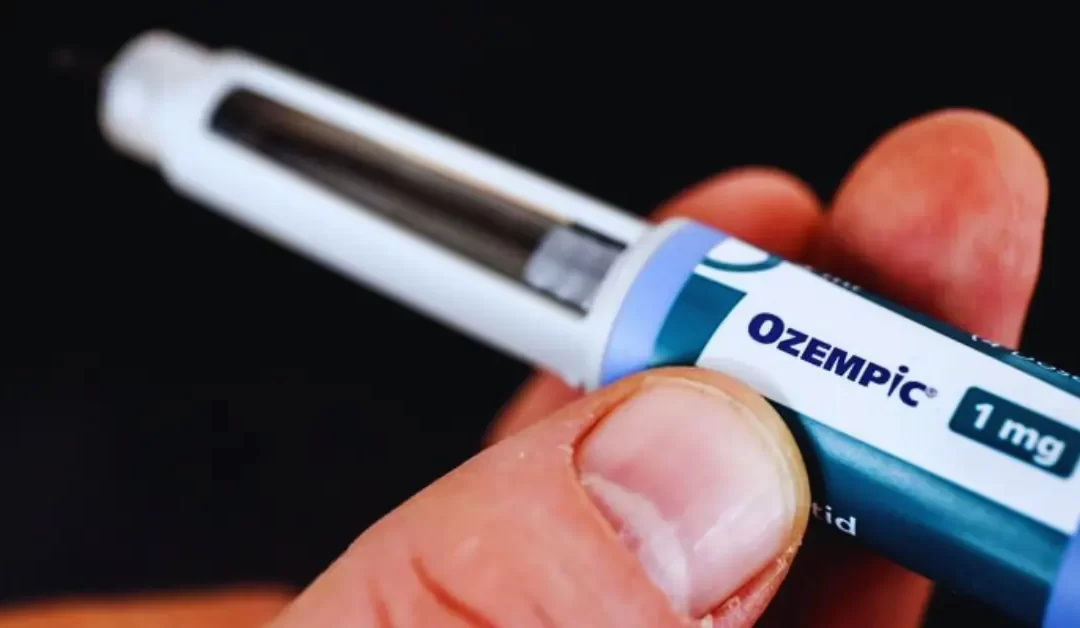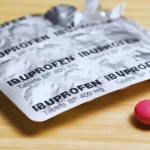For years, people using Ozempic and similar medications for diabetes and weight loss have reported an unexpected side effect—reduced alcohol consumption. Many noticed a diminished craving for alcohol, but until now, there was no solid clinical evidence to support these observations. In a groundbreaking study, researchers have confirmed this effect through a controlled trial.
A recent clinical trial, although relatively small, has demonstrated that semaglutide—the active ingredient in Ozempic—can significantly reduce alcohol intake. The study, conducted over nine weeks, involved 48 participants who exhibited moderate alcohol-use disorder. The results, published in a leading journal, revealed that those receiving semaglutide experienced a noticeable decline in alcohol consumption and cravings compared to those on a placebo. This latest news supports prior analyses of real-world use, as well as animal studies, that suggested Ozempic and related drugs might help curb excessive drinking.
Understanding Alcohol-Use Disorder and the Need for New Treatments
Alcohol-use disorder (AUD) is a widespread issue, affecting nearly 30 million people in the U.S., according to the 2023 National Survey on Drug Use and Health. AUD is characterized by the inability to control alcohol consumption despite its harmful consequences. Experts have long sought new and effective treatments to address this condition.
Although there are currently three FDA-approved medications for AUD, their usage remains low. Fewer than 2% of affected individuals receive treatment, often due to a lack of awareness or stigma surrounding the disorder. One of the existing drugs, naltrexone, has shown only a modest effect in reducing alcohol intake. However, the semaglutide study produced results in the medium to large range, suggesting it may offer a more effective alternative. Researchers believe larger, long-term trials are necessary to confirm these promising findings.
How Semaglutide Works and Its Potential Role in Addiction Treatment
Semaglutide, sold as Ozempic for type 2 diabetes and Wegovy for obesity, belongs to the class of GLP-1 receptor agonists. These medications mimic the hormone GLP-1 to regulate appetite, slow stomach emptying, and improve insulin function. Drugs like Mounjaro and Zepbound, produced by Eli Lilly, work similarly but also mimic another hormone called GIP.
Scientists believe the ability of these drugs to affect both the gut and brain might explain their impact on alcohol consumption. “More research is needed to understand the mechanisms behind this effect,” said Dr. Lorenzo Leggio, a researcher at the National Institutes of Health. However, early findings suggest that these medications reduce alcohol cravings and decrease the pleasure derived from drinking. This is a significant breakthrough in current affairs, as it opens new possibilities for treating AUD using medications originally designed for other conditions.
The Future of Ozempic in Alcohol Addiction Treatment
Despite these promising results, more extensive trials are needed to establish Ozempic’s role in treating alcohol-use disorder. The recent study found that while semaglutide reduced the amount of alcohol consumed, it did not significantly impact the frequency of drinking days. Experts suggest that treatment goals should focus on reducing excessive consumption rather than enforcing complete abstinence, which aligns with evolving guidelines in addiction therapy.
Pharmaceutical companies have been slow to explore the addiction-treatment potential of GLP-1 drugs, as their focus has been on proving their benefits in cardiovascular health, kidney disease, and obesity. However, Novo Nordisk has announced plans to study semaglutide’s effects on alcohol-related liver disease, and Eli Lilly is expected to launch trials on addiction treatment, including alcohol, nicotine, and drug abuse. As more real-time news emerges from ongoing studies, the potential for GLP-1 drugs to revolutionize addiction treatment remains an exciting area of medical research.































